Geography brings the world into the class room enabling pupils to examine the relationship between humans and our planet.
Geography is studied by all pupils in KS3 through 3 hours a fortnight. It is a popular KS4 GCSE subject, with a high percentage of pupils choosing to do Geography each year.
Here at Northfield School for Girls we plan high quality lessons that inspire a fascination in pupils about their environment. We provide pupils with knowledge about diverse places, people and resources through studies of both natural and human environments. We also teach about the interactions between the Earth’s key physical and human processes and of the formation and use of landscapes and environments. Geographical knowledge, understanding and skills provide the framework and approaches that explain how the Earth’s features at different scales are shaped, interconnected and change over time.
Northfield School for Girls follows all of the requirements of the KS3 National Curriculum and lessons are based around topics that are of interest, current and relevant to our pupils and the local community. Lessons are differentiated to provide support and challenge for all ability groups so that all pupils achieve and make progress in the geographical understanding.
All KS3 geographers undertake fieldwork in accordance with National Curriculum requirements. We collect, analyse and draw conclusions from geographical data and allow extended use of OS maps and other thematic mapping skills in the field.

Geography at KS4
Geography is a popular KS4 subject. We follow AQA 1-9 GCSE chosen specifically for it’s variety of teaching and learning approaches and it’s balanced framework of physical and human themes.
Pupils will travel the world from their classroom, exploring case studies in the United Kingdom, higher income countries, newly emerging economies and lower income countries. Topics of study include climate change, poverty, deprivation, global shifts in economic power and the challenge of sustainable resource use. Pupils are encouraged to understand their role in society, by considering different viewpoints, values and attitudes.
The units of work examined in this course are:
Paper 1: Living with the physical environment
Paper 2: Challenges in the human environment
Paper 3: Geographical applications
The course has been subdivided into four key folders of work to aid revision and examination preparation. These are taught across the two years of the course.
1. Living with the physical environment: The challenge of natural hazards. This focuses on tectonic and climatic hazards like earthquakes, volcanoes and tropical storms and also climate change. It teaches pupils’ the physical processes that create these hazards and their effects on people and their environment.
2. Living with the physical environment: The living world.
This focuses on ecosystems including tropical rain forests and cold environments again learning about these environments and the physical processes that create them. It also looks at human interaction with these places and their effect on them.
3. Living with the physical environment: Physical landscapes in the UK.
This focuses on rivers and coasts, learning about the physical processes involved in their formation and their various features. It also looks at the ways humans manage these environments to protect the people living near them.
4.a: Challenges in the human environment: Urban issues and challenges.
This focuses on urban environments across the world, their growth and the challenges they face as a result. It also looks at the management of urban areas and how this can be done sustainably.
4b: Challenges in the human environment: The changing economic world.
This section looks at the difference between rich and poor across the world and ways that the gap between different levels of development can be bridged.
4c: Challenges in the human environment: The challenge of resource management.
This short section looks at different types of resources like food, water and energy and how that has changed in the UK. It will then focus on energy as a resource and look at the global demand for energy and conflicts that can come from this and ways it can be managed.
Preparation for the Geographical applications: Issue evaluation – booklet issued 12 weeks before the exam
Field trips:
The first field trip is to Carding Mill Valley to study the river and its features, to collect data and practise Geographical writing up for Paper 3: Geographical applications exam. The second field trip is to Longbridge to look at urban regeneration
2-Year KS4
| Term | Year 10 | Year 11 |
|---|---|---|
| Autumn | Living with the physical environment: The challenge of natural hazards | Fieldtrip to Carding Mill Valley for Paper 3 data collection Challenges in the human environment: Urban issues and challenges Fieldtrip to Longbridge town centre for Paper 3 data collection |
| Spring | Living with the physical environment: The living world | Challenges in the human environment: The changing economic world Preparation for issue evaluation and recap of geographical applications topics |
| Summer | Living with the physical environment: Physical landscapes in the UK (Coasts and Rivers) Challenges in the human environment: The challenge of resource management | Revision |


